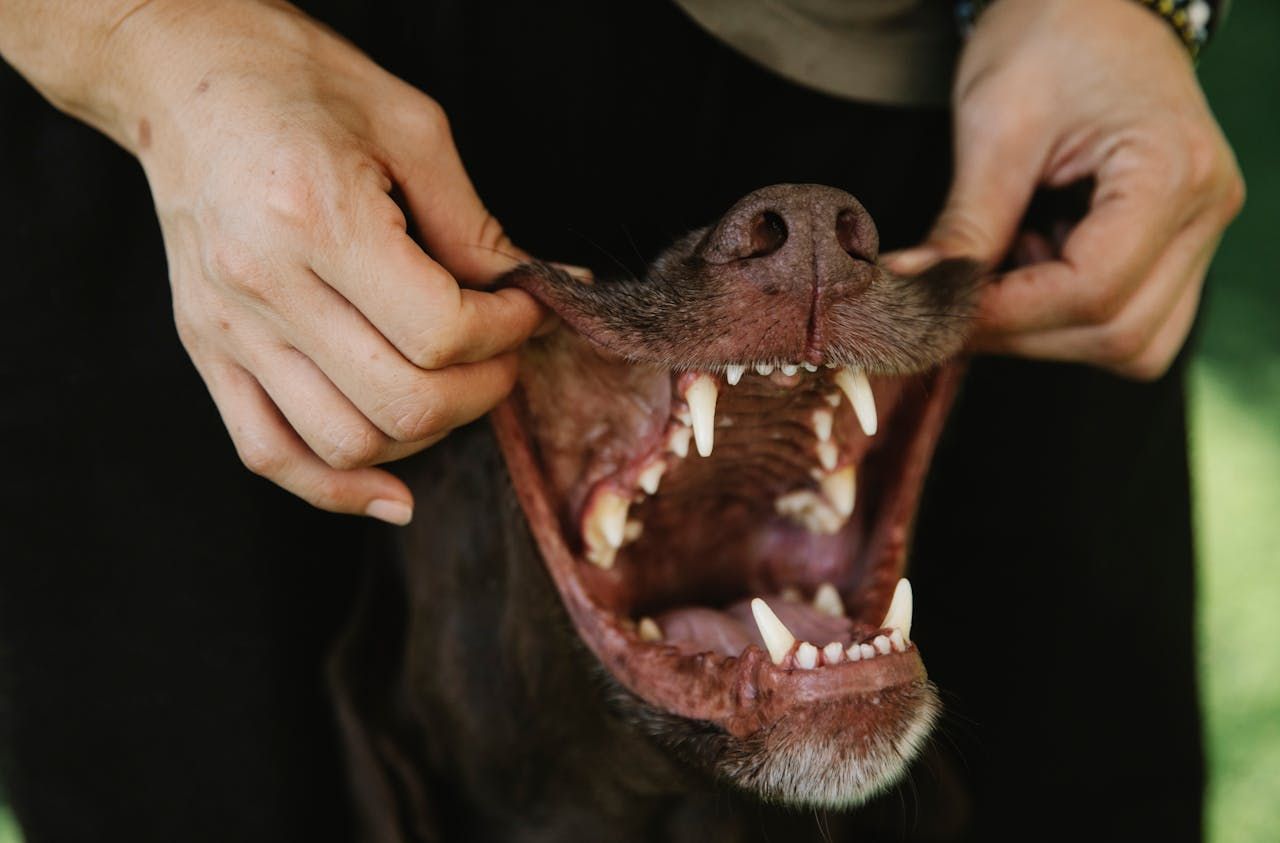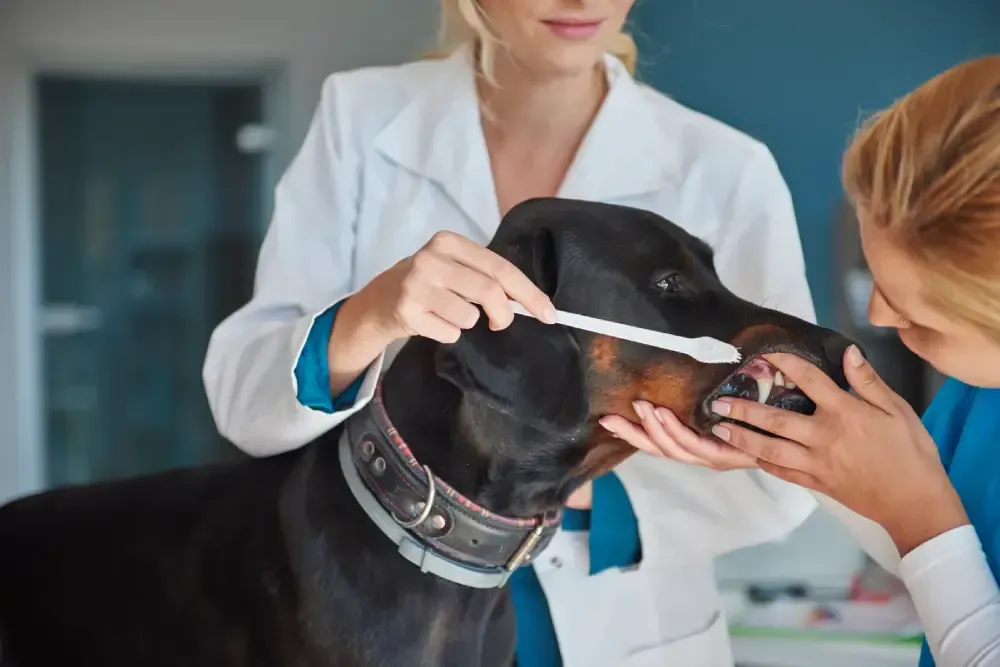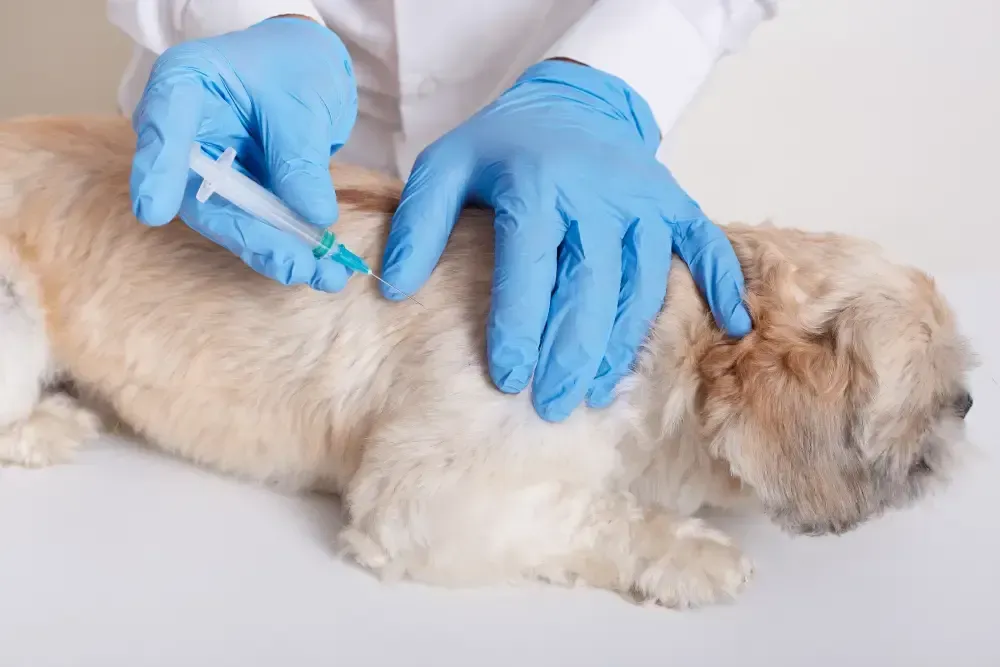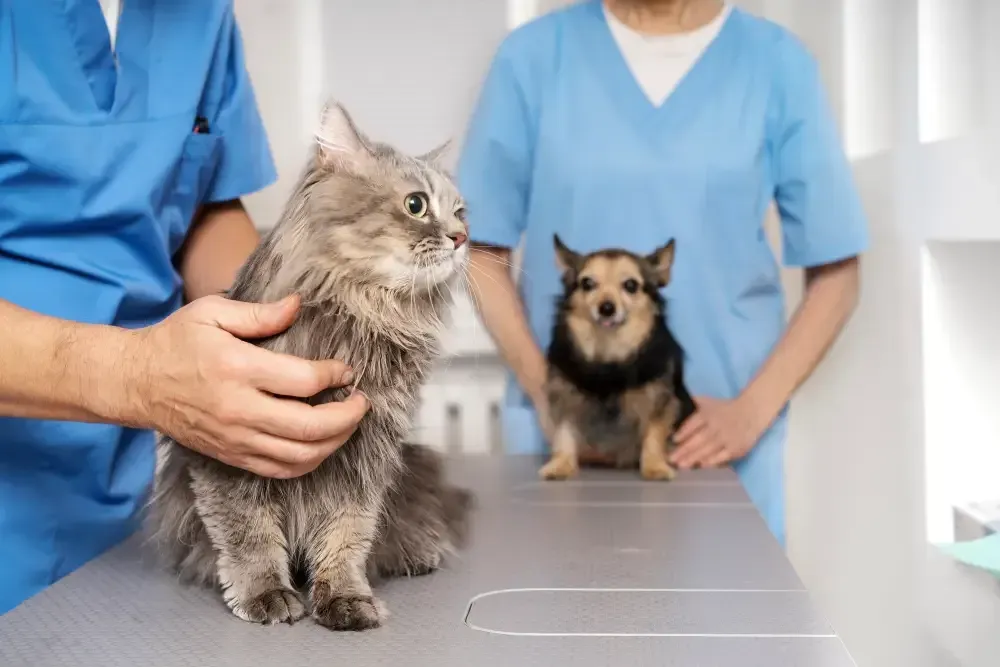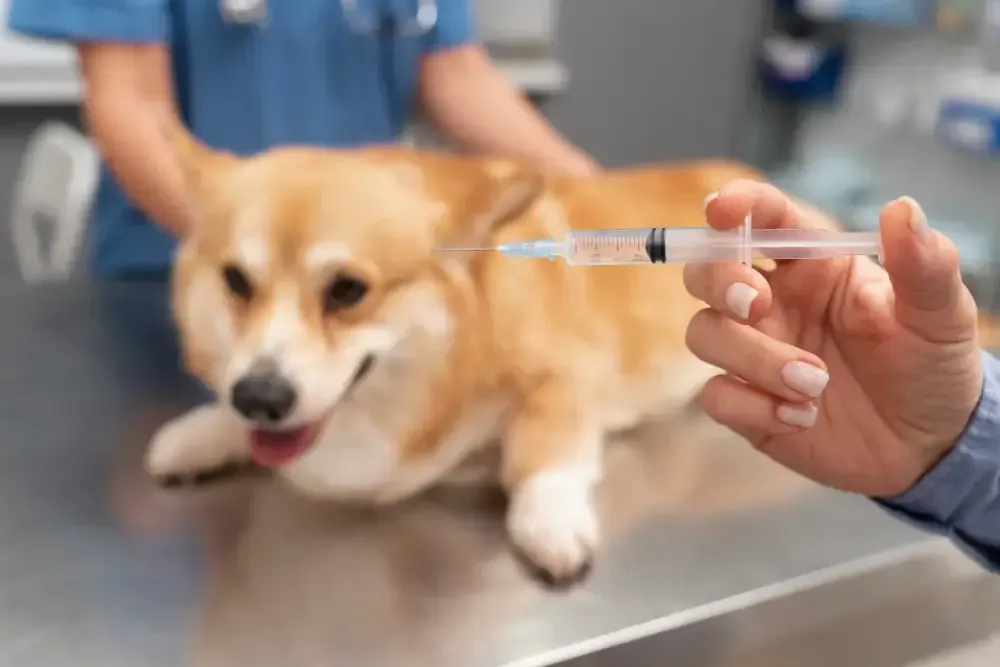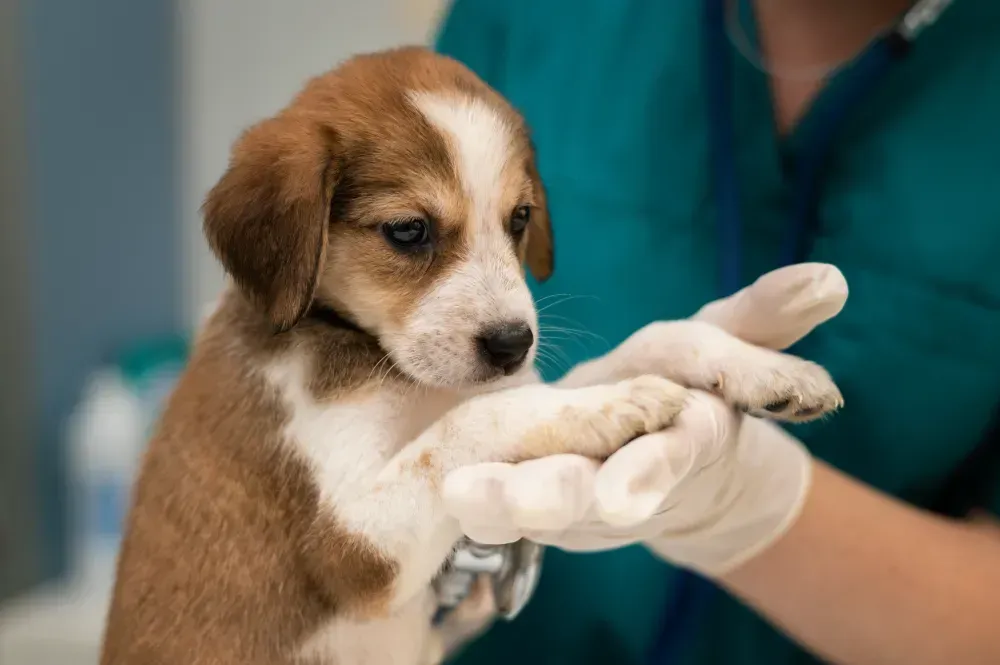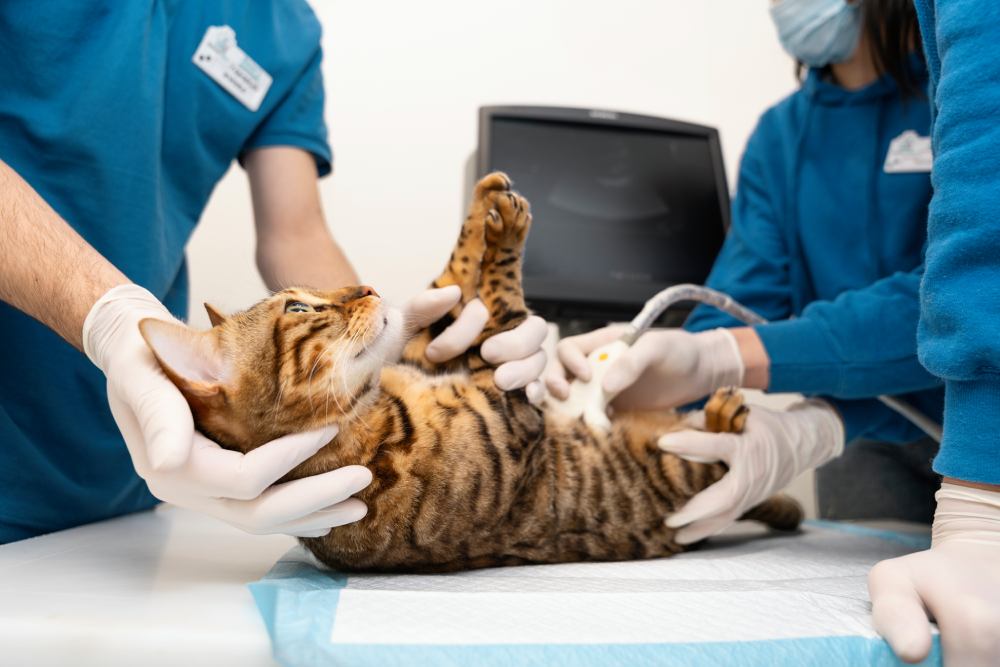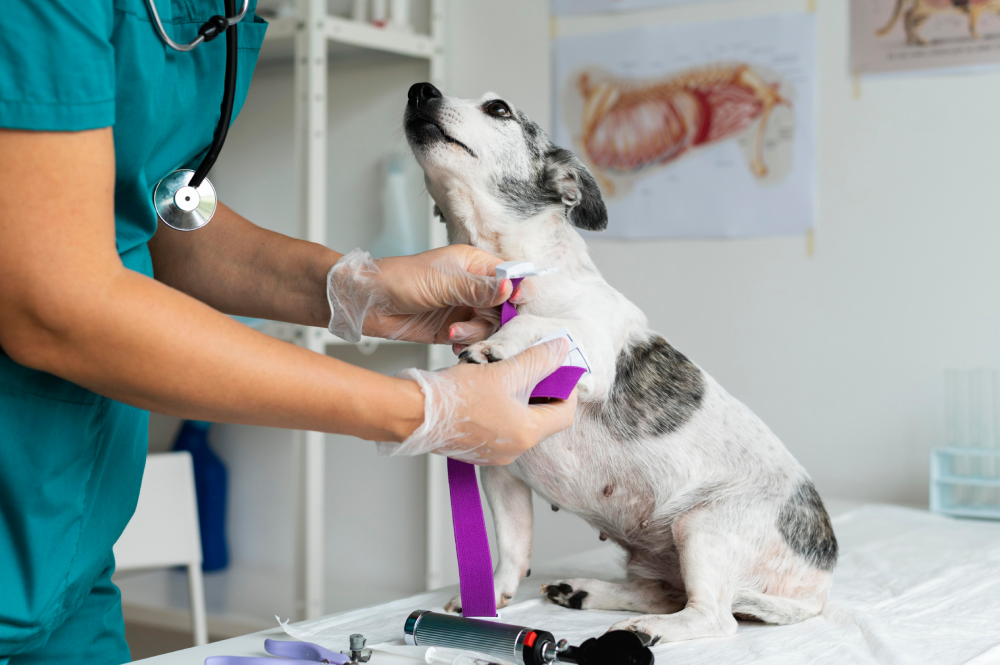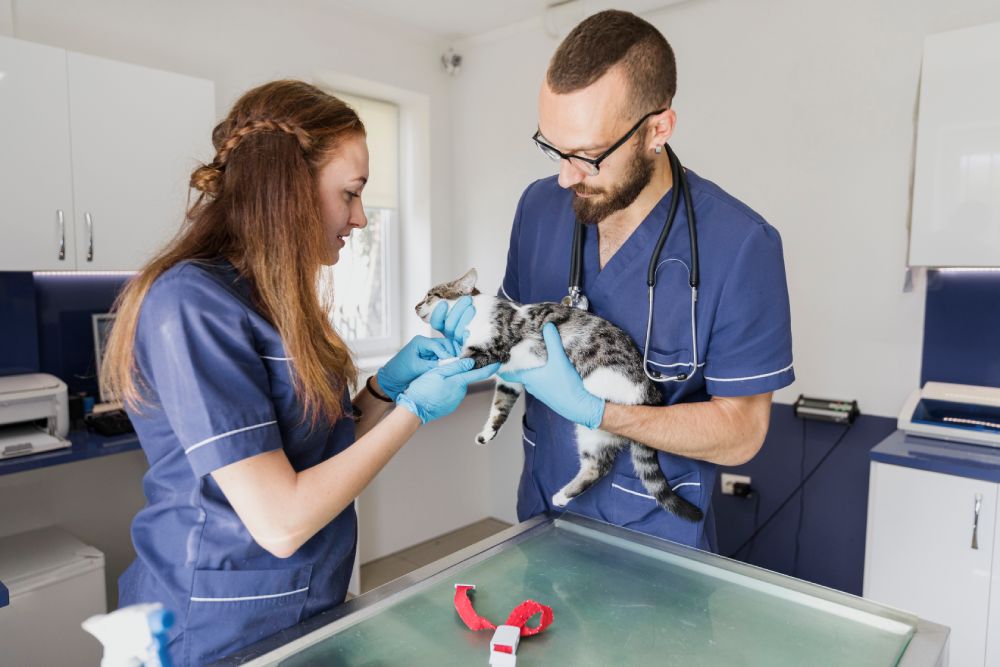Exotic Vet Necessity: Why General Veterinarians May Struggle with Rare Pet Healthcare

When most people think about taking their pets to the doctor, the image that comes to mind is usually a dog or cat sitting in a waiting room. But what about the households that cherish parrots, iguanas, sugar gliders, ferrets, reptiles, or other exotic companions? For these families, veterinary care can quickly become complicated. A vet trained primarily to care for typical domestic animals may not have the deep knowledge required when caring for an exotic creature. That’s where an exotic vet becomes essential.
Continuing in, we will explore why rare pets present unique healthcare challenges, the limitations of a general vet, the advanced knowledge an exotic vet brings, and why relying on specialized care could mean the difference between misdiagnosis and a healthy, thriving companion.
Why Exotic Pets Aren’t Just “Different Looking” Dogs and Cats
Exotic pets are not just unusual in appearance—they are biologically unique, with specialized internal systems, dietary requirements, and environmental needs. While a vet who sees dogs and cats daily learns to identify common issues like ear infections, flea allergies, or dental problems, these skills often don’t transfer seamlessly to reptiles, birds, or rodents. The internal systems of exotic animals often function differently altogether.
For example, birds have a completely different respiratory system where air sacs play a role general practitioners may not fully grasp. Reptiles, on the other hand, are ectothermic and rely heavily on environmental heating for digestion and survival. Sugar gliders and other marsupials come with dietary restrictions that, if not followed, lead to metabolic disorders. An exotic vet is trained to pay attention to these small but life-altering details, ensuring exotic pets get the right care.
The Training Gap Between a Vet and an Exotic Vet
Veterinary school provides a broad base—dog and cat medicine take center stage, with minimal emphasis on the needs of ferrets, snakes, or amphibians. If rare species are covered, it’s often more theoretical rather than hands-on and limited in exposure. That means a vet coming out of general practice may not have the necessary skillset for diagnosing exotic-specific illnesses.
By contrast, an exotic vet pursues further schooling, specialized residencies, and years of experience working directly with rare species. They may even focus on a sub-category, like avian medicine or herpetology. This advanced pursuit makes them uniquely positioned to recognize subtle symptoms that a general vet may misinterpret or overlook altogether.
Common Problems When Exotic Pets See General Vets
When exotic pets are taken to a general vet, owners often encounter a few issues:
- Misdiagnosis or delayed diagnosis: Subtle health issues—like respiratory distress in reptiles—may pass undetected because they don’t show symptoms the way cats or dogs do.
- Incorrect dietary advice: A general vet may unintentionally recommend food dangerous to the species, leading to deficiencies or toxicity.
- Improper handling: Exotic animals are fragile. An untrained handler may cause stress or even injury during a basic exam.
This is where the role of an exotic vet becomes vital. They know not just what to look for, but how to look without causing unnecessary harm or panic in the pet. Owners can rest assured that their unique companions are handled with care and respect for their individuality.
The Importance of Specialized Equipment in Exotic Pet Care
Another challenge general vets face is equipment. While tools designed for cats and dogs work well enough in those cases, they often fall short when applied to exotic species. Imagine trying to take an X-ray of a parakeet with machines built for Labrador retrievers—it doesn’t provide the precise imaging needed. Or attempting a surgical procedure with equipment designed for much larger patients.
An exotic vet not only has training but also has access to the specialized diagnostic equipment needed for small, rare, and delicate animals. They use scopes, imaging machines, and testing procedures designed to accommodate unusual anatomies. A general vet, despite their best intentions, is limited by both training and lack of suitable resources.
Why Subtlety Matters in Exotic Pet Illnesses
Dogs bark, cats vocalize, and both will usually tell you when something feels wrong—whether through behavior changes, eating patterns, or obvious signs like limping. Exotic pets, however, are experts at masking illness. In nature, appearing sick makes them vulnerable to predators, so they’ve evolved to hide symptoms until things are very advanced.
This is why owners often believe their bird, rabbit, or lizard “suddenly got sick.” In reality, their pet may have been quietly struggling for weeks or even months. A general vet might not catch the tiny signals. An exotic vet, on the other hand, is trained to interpret subtle indicators—changes in stool, feather condition, scale texture, or posture—before the illness reaches a critical stage.
Nutrition: Another Complicated Factor
Feeding exotic pets isn’t as easy as filling a bowl with kibble. Iguanas need calcium balance and UVB light for bone health. Ferrets require protein-heavy diets due to their carnivorous nature, while rabbits must have constant access to hay to maintain digestive health. Even a small mistake in their diet can cause long-term damage.
While a general vet near me can give safe dietary advice for most cats and dogs, their training rarely covers these unique feeding needs in-depth. An exotic vet understands nutritional metabolism across species and guides owners on food choices, supplements, and even habitat setups that affect the way an animal processes nutrients.
The Pet Owner’s Dilemma
Owning an exotic pet is rewarding but comes with responsibility. Many families adopt these animals out of curiosity and admiration without fully realizing the complexities of their care. They believe that any vet can meet their animal’s needs, not realizing how highly specialized care truly is.
When an emergency strikes—like a chameleon refusing food or a parrot with broken feathers—the struggle becomes clear. Finding an exotic vet becomes urgent. Unfortunately, such specialists are fewer in number and may require longer travel distances. But understanding this need in advance helps owners prepare for emergencies and ensures their pets don’t become victims of general assumptions in healthcare.
Why Exotic Pets Are Considered "Rare" in Veterinary Medicine
It’s not uncommon to hear exotic pet owners ask, “Why can’t my vet just look up what’s wrong?” In truth, research does exist, but there isn’t nearly the same volume of reliable data available for exotic pets as there is for dogs and cats. This scarcity of detailed studies makes hands-on training even more crucial.
An exotic vet embraces ongoing education, pulling from limited literature, labs, and networking with other specialists to make more precise diagnoses. This type of dedication is not something every general vet is required—or able—to pursue. That disparity explains why relying on the right professional is so critical when the health of an exotic pet is at stake.
Pet Medical Center
1416 S Duff Ave, Ames, IA 50010, United States
(515) 232-7204

